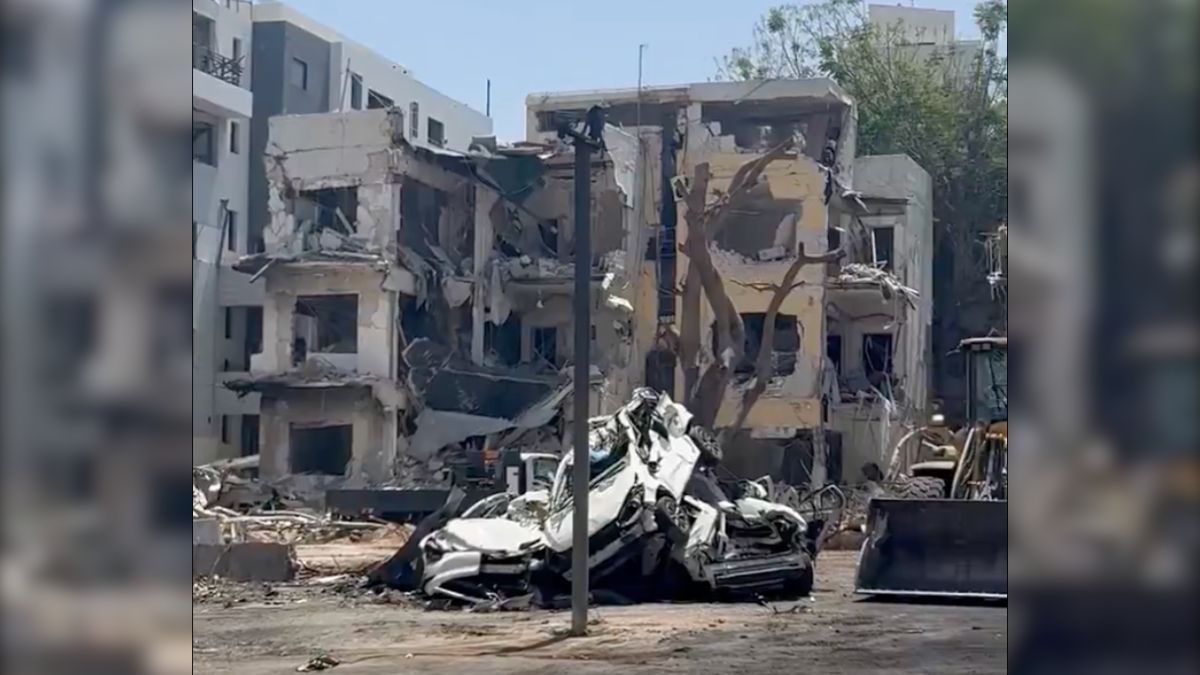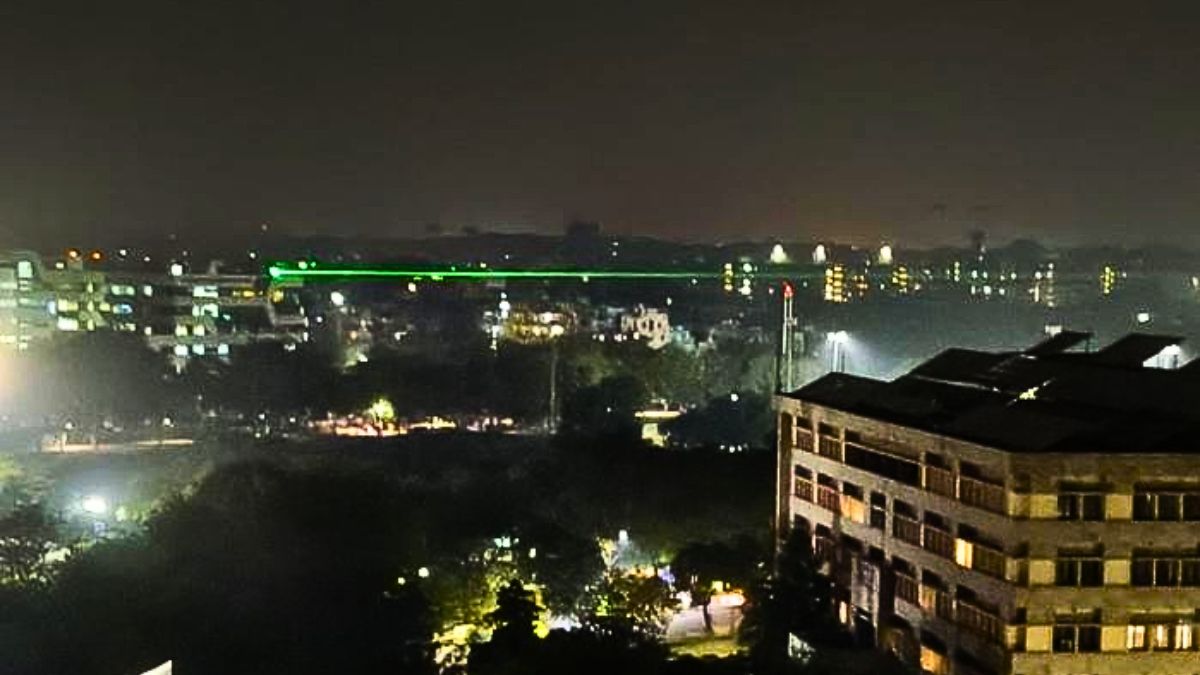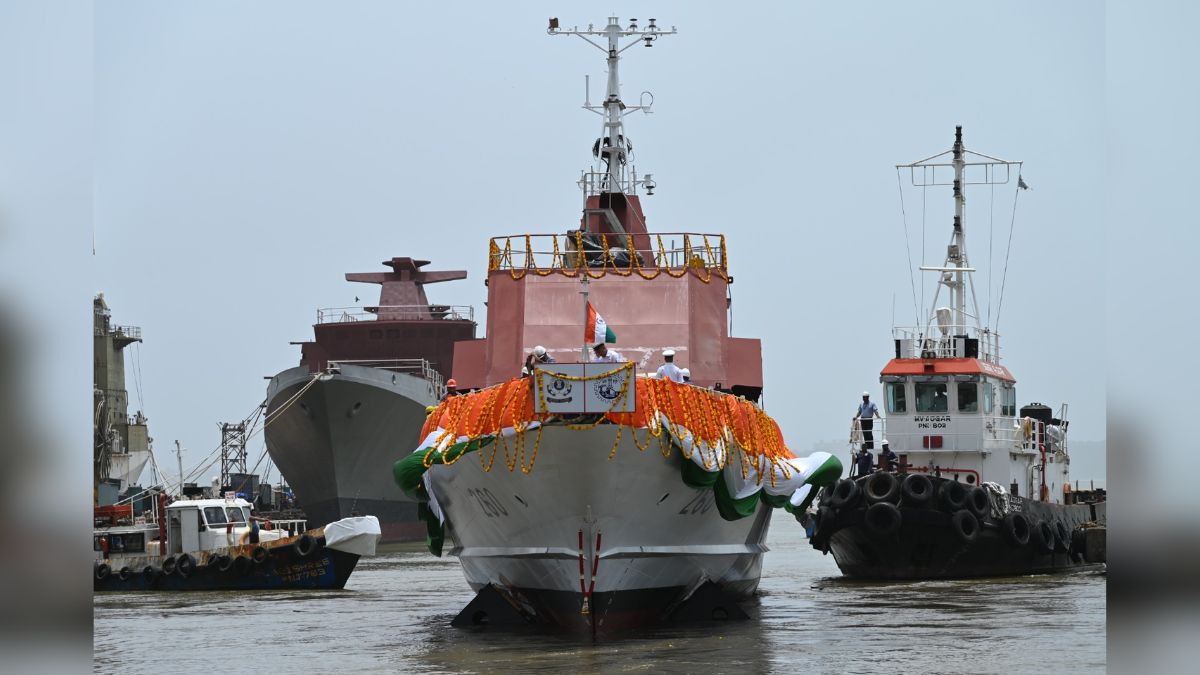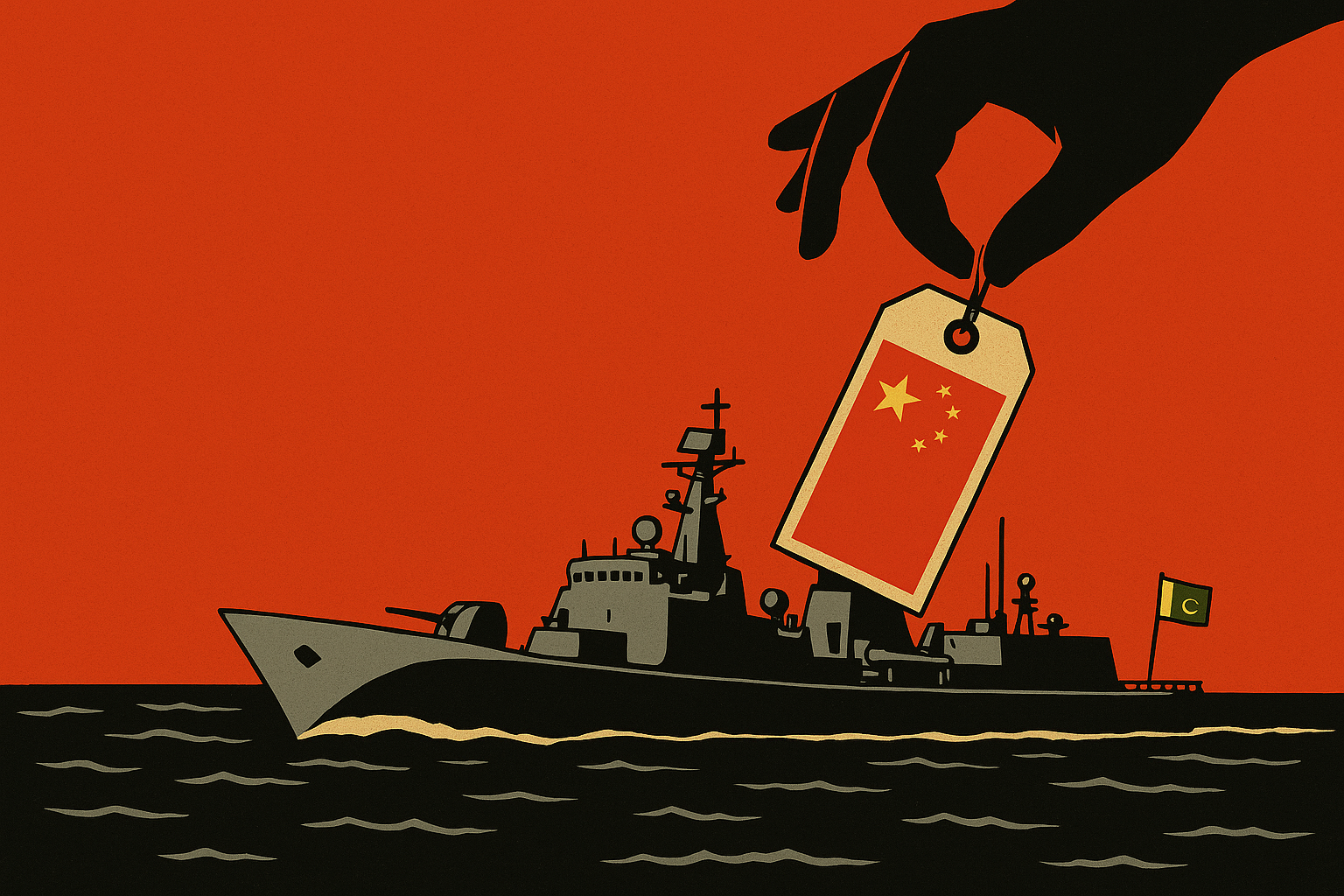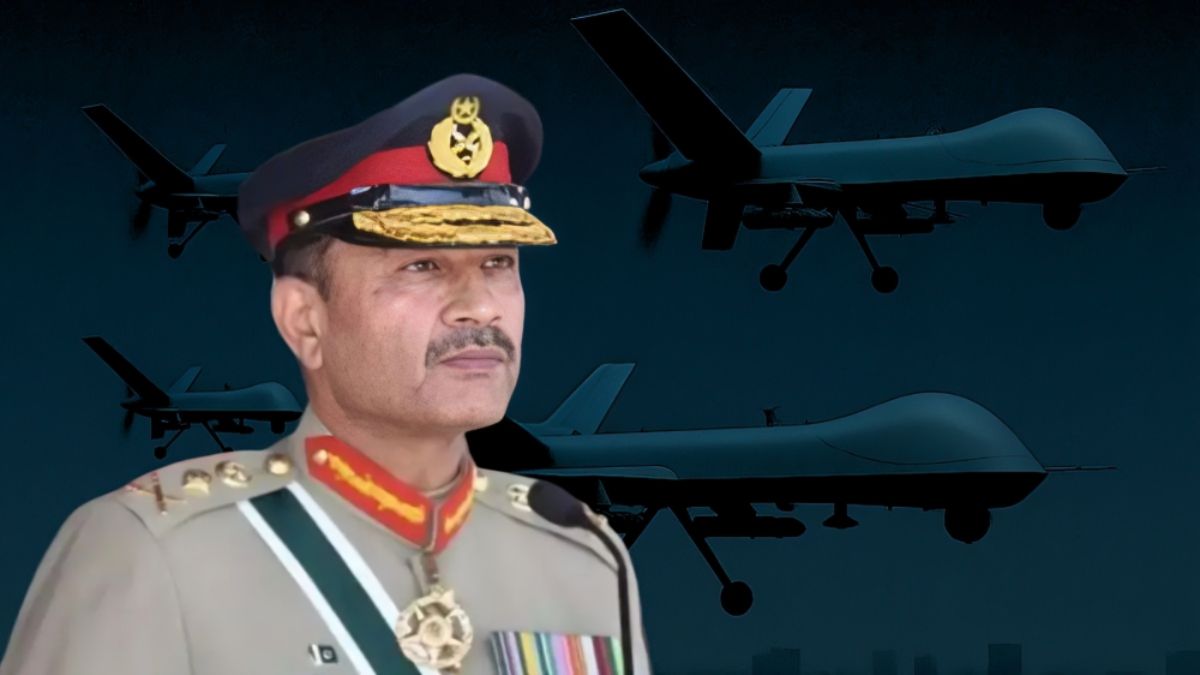Will Israel’s War on Iran End in Victory, Compromise, or Chaos?
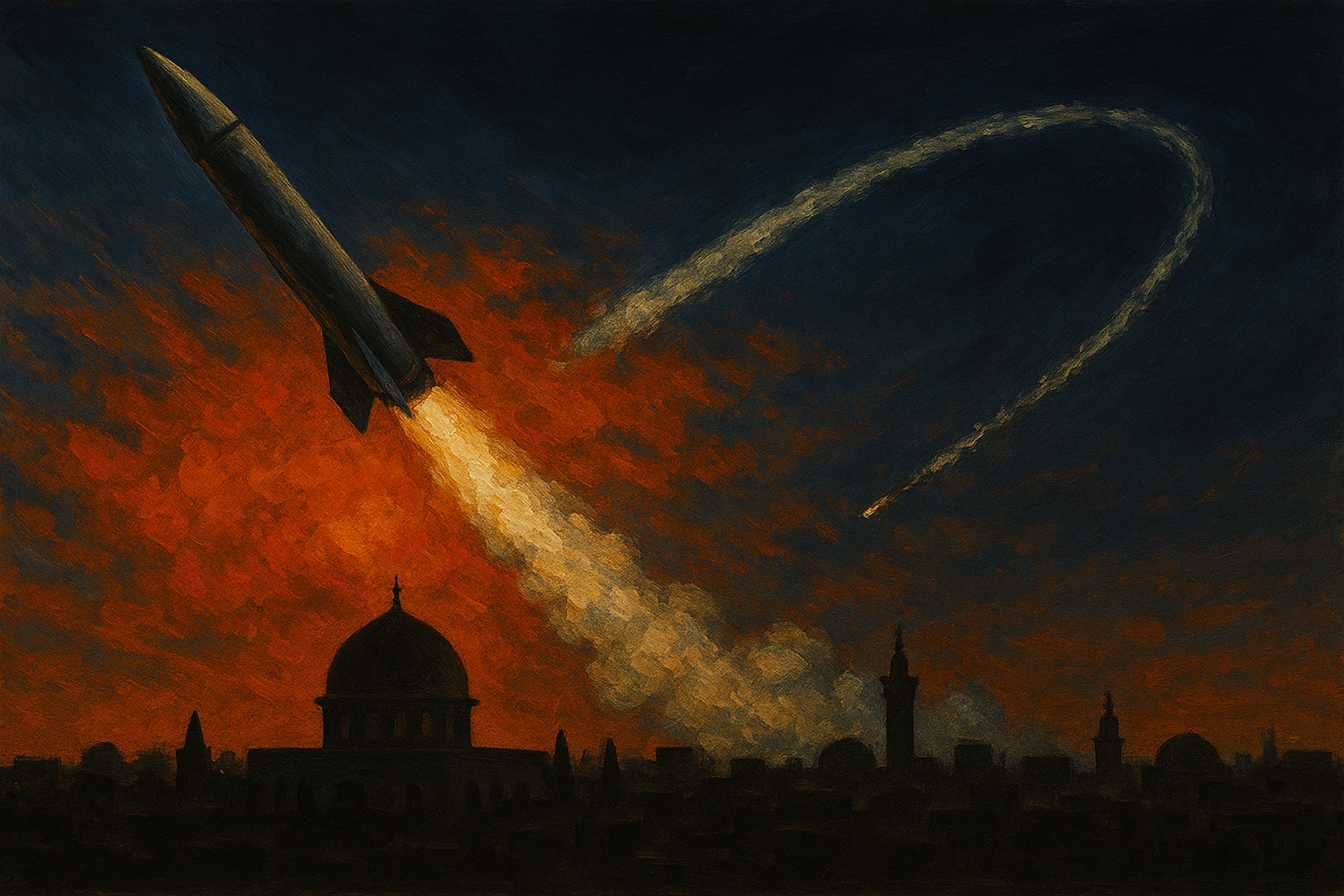
As Israeli missiles rained down on Iran’s nuclear facilities, airbases, and key military installations, and Iran retaliated with drone strikes and missile barrages aimed at Tel Aviv and Haifa, the question occupying policymakers, diplomats, and analysts is stark: How will this war end?
Prime Minister Benjamin Netanyahu has vowed to wage war “until Iran’s nuclear ambitions are eliminated.” Meanwhile, Tehran pledges “unrelenting retaliation” and mobilises its remaining proxies despite their diminished capabilities. As the human and material costs continue to spiral upward, it becomes crucial to weigh the potential outcomes.
Scenario One: An Iranian Military Collapse and Political Retreat
A quick Israeli victory—one that decisively cripples Iran’s nuclear ambitions and leaves Tehran’s military capabilities significantly degraded—is plausible, though far from certain. Israel’s campaign thus far has demonstrated extraordinary intelligence precision, marked by surgical strikes that have eliminated key commanders, decimated missile infrastructure, and severely disrupted Iran’s nuclear activities.
This scenario draws heavily from Israel’s successful 2024 strikes against Hezbollah in Lebanon, where precise military and intelligence operations forced the militant group into rapid cease-fire negotiations. Similarly, Iran’s missile and drone strikes so far have inflicted limited damage, largely intercepted by Israel’s Iron Dome and David’s Sling defence systems.
Critically, Iran’s political and military structures appear increasingly compromised. Israel’s targeted assassinations of senior Revolutionary Guard commanders have left Tehran scrambling to reorganise leadership during active conflict—an arduous task. Iranian resolve could collapse under sustained strikes, especially if Tehran perceives a credible threat of expanded U.S. involvement.
Under this scenario, Iran would reluctantly accept international mediation—possibly through indirect talks brokered by Russia or China. While publicly claiming to have struck back at Israel, Tehran’s leaders could justify negotiations domestically by portraying the conflict as a valiant defence against overwhelming odds, preserving just enough dignity to survive politically. It would mean a grudging, fragile truce, not a durable peace.
Scenario Two: International Pressure Forces Israeli De-escalation
Israel’s ability to sustain operations indefinitely remains uncertain, especially under mounting diplomatic pressure from Europe, Russia, China, and most importantly, the United States under President Donald Trump. European leaders, particularly France’s Emmanuel Macron and Germany’s Olaf Scholz have already urged restraint, demanding a rapid cease-fire to prevent further regional instability and humanitarian disaster.
While historically, Israel has ignored European calls for restraint, Washington’s voice is decisive. President Trump, initially supportive of Israel’s right to defence, has increasingly called for negotiations via his preferred platform, Truth Social: “Iran must make a deal before there is nothing left… No more destruction.”
Netanyahu’s calculus depends heavily on Trump’s steadfastness. Should Washington apply serious diplomatic and economic leverage—potentially withholding military resupply or restricting intelligence cooperation—Israel might cease operations earlier than intended, aiming to consolidate its gains rather than pursue total victory.
This would present Iran with a strategic lifeline. Although its nuclear facilities would have sustained significant damage, Tehran could rebuild swiftly, leveraging negotiations to seek sanctions relief. A return to diplomatic talks might follow, albeit cautiously, potentially producing another precarious interim nuclear deal. Tehran, despite appearing to concede under duress, might accept this to gain economic breathing space.
Scenario Three: A Broader Regional Conflict
Perhaps the most troubling scenario—and worryingly realistic—is the escalation of the Israel-Iran conflict into a broader regional war. Iran has already threatened retaliation against U.S. military bases in the Gulf region, accusing Washington of covertly aiding Israel’s campaign. Tehran views U.S.-Israeli coordination on intelligence and missile defence as tacit participation in aggression.
Indeed, Iran might perceive Trump’s diplomatic overtures as mere cover for facilitating Israeli military action. Should Iran strike U.S. targets in Qatar, Bahrain, or Iraq—where U.S. military forces are stationed—Washington would almost certainly retaliate militarily, plunging the region into broader conflict. This would drag in Gulf Arab states like Saudi Arabia and the UAE, already wary of Iranian aggression.
Additionally, the United States might independently choose escalation. American military planners may interpret Israel’s strikes as doing “half the job,” compelling the U.S. to conduct follow-on operations—bombing fortified nuclear sites such as Fordow with powerful bunker-busting bombs beyond Israel’s capabilities.
An expanded regional war would bring disastrous consequences: massive human suffering, global economic shock from skyrocketing oil prices, and a prolonged humanitarian crisis across an already fragile region.
An Uneasy Road Ahead
None of these outcomes guarantees enduring peace or stability. Each carries substantial risks and uncertain consequences. Iran’s revolutionary leaders, despite setbacks, remain ideologically committed to regional confrontation. Meanwhile, Israel’s security establishment insists on ensuring Iran can never threaten Israeli existence again—a goal difficult to achieve solely through military means.
As bombs continue to explode across Tehran and sirens wail over Jerusalem, the international community faces urgent choices. Decisive diplomatic intervention, backed by credible threats of punitive action against further escalation, may yet avert catastrophe. Without such steps, the likelihood of a broader regional conflagration looms ever larger.
Ultimately, how the Israel-Iran war ends will depend not only on military might and political resolve but on the readiness of both sides—and the world—to prioritise difficult compromise over catastrophic confrontation.
